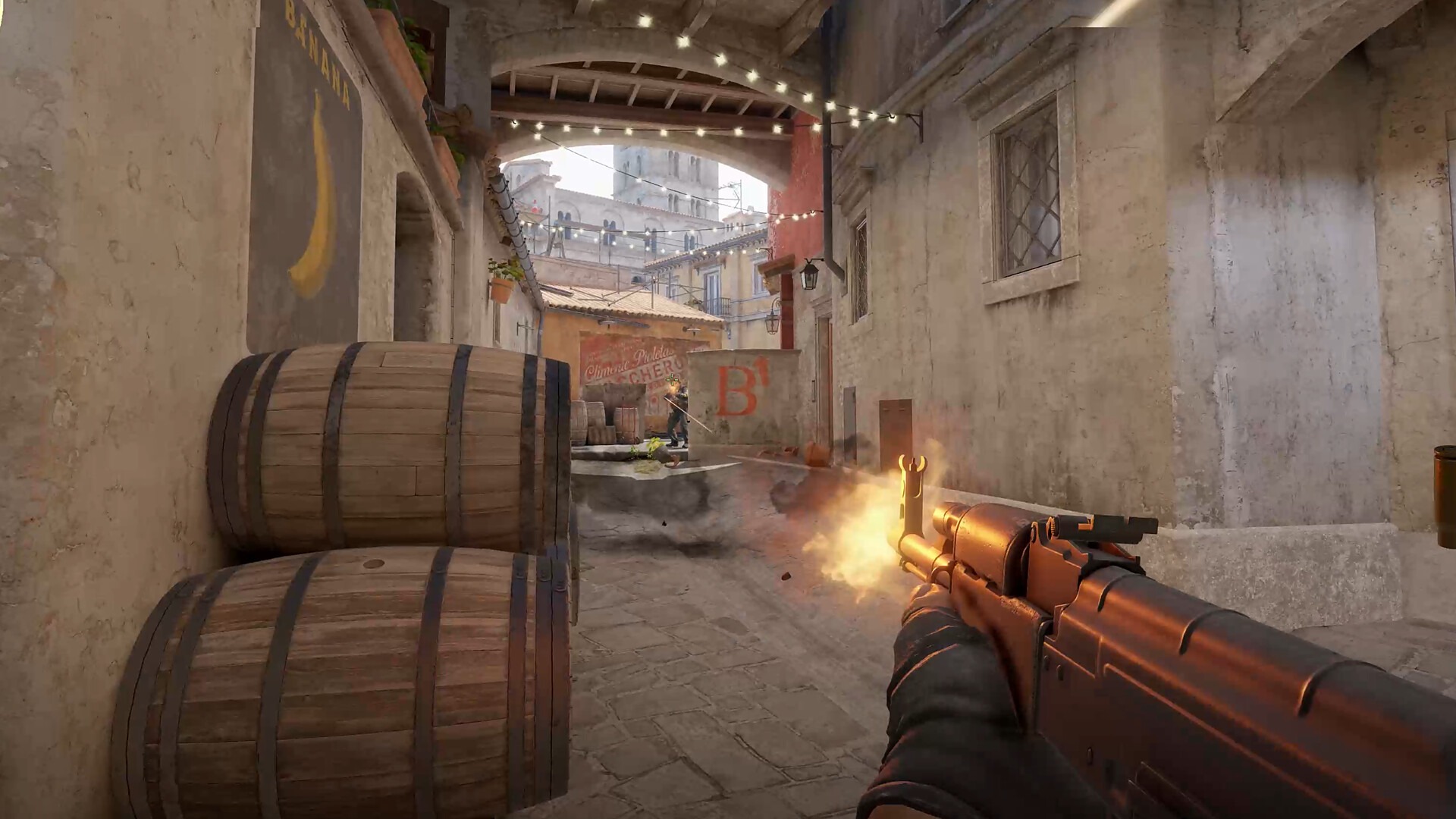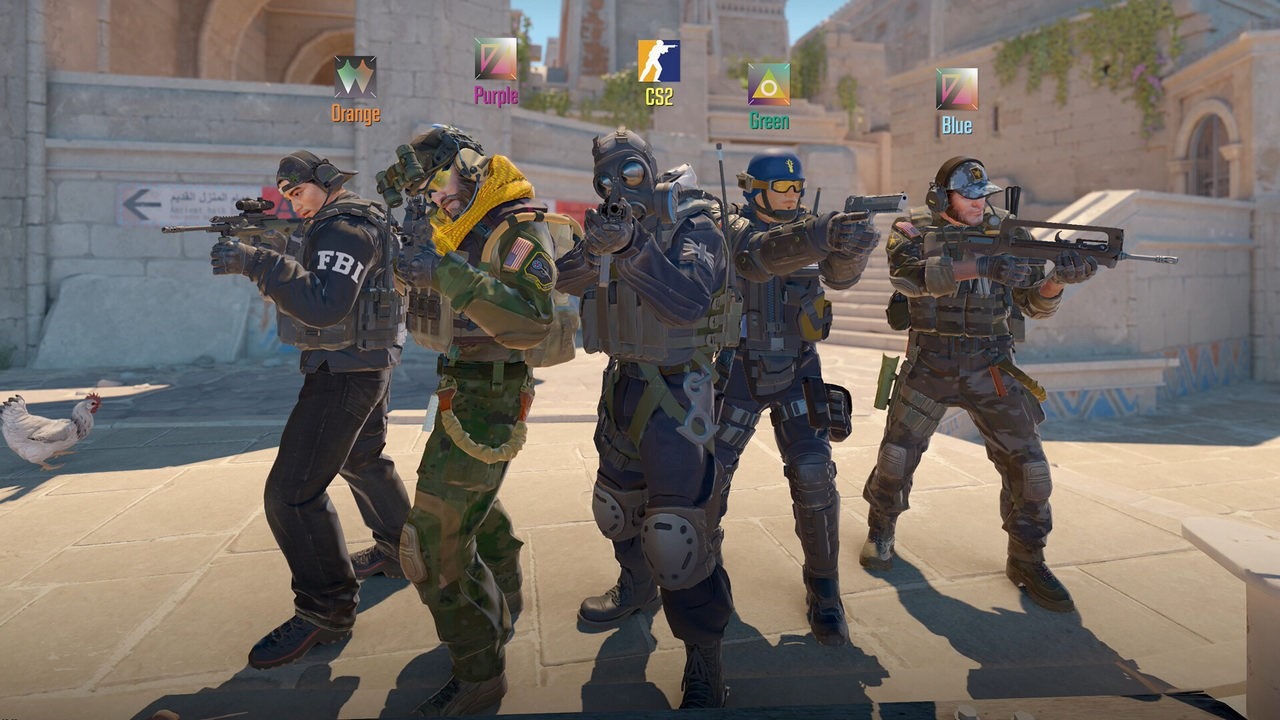From 2025, Counter-Strike Majors will feature 32 teams instead of 24, introducing an additional Swiss Stage to accommodate the expansion. As the BLAST Austin Major approaches, several adjustments are being made. Here’s a breakdown of everything you need to know about the new structure and how teams will qualify for the tournament.
A Fresh Look at the CS2 Major Format
For the first time since 2018, the Counter-Strike Majors are undergoing a format change, increasing from 24 to 32 teams and modifying the qualification process. While the core Swiss format remains intact, the event now includes an extra stage to integrate the additional teams.
Some teams will be directly invited based on their Valve Regional Standing (VRS), while others must compete in the newly structured Major Regional Qualifiers to earn a spot. Each of the three Swiss Stages will consist of 16 teams, with stronger squads receiving direct invitations to later stages based on regional performance at previous Majors.
How the New Major Structure Works
As the BLAST Austin Major nears, the regional distribution of invitations has been determined. Stage 1 will feature six European, six American, and four APAC teams, all of whom secured their places through Major Regional Qualifiers. These teams will compete in the opening stage to progress further.

Stage 2 introduces eight directly invited teams based on their VRS rankings. Four teams from Europe (VRS #7-10) and four from the Americas (VRS #2-5) will enter the competition at this point, skipping the initial stage and facing the survivors from Stage 1.
Stage 3, the final Swiss Stage, will feature six of the strongest European teams (VRS #1-6), the top-ranked team from the Americas (VRS #1), and the leading APAC team (VRS #1). These teams receive direct invitations, bypassing the first two stages entirely.
Once all Swiss Stages are completed, the top eight teams with a three-win record in the final stage will advance to the playoffs, following the same elimination format as before. The Swiss Stage format remains unchanged, consisting of five rounds where teams aim for a 3-2 record. Matches will start as best-of-ones, with best-of-three matches deciding crucial advancement games.
Major Regional Qualifiers: A New Path to the Major
Valve has also restructured the qualifying process, previously known as Regional Major Ranking (RMR) events. The most notable update is that these events can now be held online if necessary, potentially mitigating ping-related issues. Aside from this adjustment, the qualification path remains largely familiar, with teams progressing through the MRQ system before entering the Major.
In Europe, 16 teams will compete in a Swiss Stage bracket, with five teams securing direct qualification to the Major. Three additional teams will advance to the Play-In Stage, where only one will earn a Major spot. The Americas region follows the same format, ensuring a balanced qualification process across both regions.
For APAC, the qualification system differs slightly. The region will feature two GSL-style groups, where the winners of each group will qualify directly for the Major. The second and third-placed teams from each group will then compete in a play-in decider, with the top two securing the final available slots.

Invitations and Future Adjustments
Teams will receive invitations to the MRQ events based on their VRS standings. Additionally, regional allocations for Major spots could be adjusted in the future depending on team performances at upcoming Majors. Valve’s new approach aims to ensure a fair and competitive qualification process while allowing for flexibility in response to regional shifts in dominance.
With these changes, Counter-Strike Majors are set to become more competitive and inclusive, bringing in more teams while maintaining the integrity of the qualification process. The new structure promises an exciting future for CS2 esports, ensuring the best teams in the world can prove their skill on the biggest stage.




